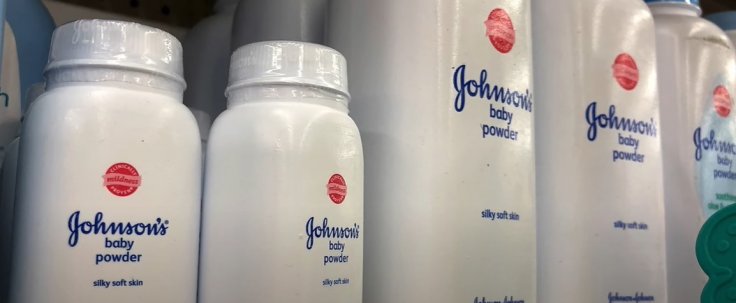American multinational Johnson & Johnson said on Tuesday it will stop the sale of its talc-based baby powder in the U.S. and Canada in the coming months. The decision comes after a barrage of lawsuits against the company, claiming that the product is carcinogenic.
The company also said it would stop selling a hundred other products as well. Although Johnson & Johnson says the intention is to prioritize high-demand products amid the Covid-19 outbreak and ensure proper social distancing at its manufacturing and distribution facilities, the company explicitly mentions the "barrage of litigation" that it faces.

As per the statement released by the company, the sale of its talc-based baby powder has dropped due to changes in consumer choices largely "fueled by misinformation around the safety of the product", the company claims. It termed the accusations that its talc-based baby powder has asbestos which is cancer-inducing, as "unfounded".
Lawsuits Against Johnson & Johnson
Although the company has claimed that decades of worldwide scientific studies have deemed its products as safe, it is facing thousands of lawsuits for its talc-based product, which litigants have claimed is asbestos-based. Asbestos is a group of minerals generally found in talc that causes mesothelioma, i.e. cancer in the lining of internal organs caused by exposure to asbestos.
Although the company has won some lawsuits, it had to shell out billions of dollars in settlement with the litigants. In February this year, it was ordered to pay $750M to four litigants. In October last year, it had to pay $37.2M in damages to four plaintiffs. Similarly, in July 2018, it was ordered to pay a whopping $4.7B in compensation to 22 women who claimed they developed ovarian cancer after being exposed to the company's baby powder and other talc-based products. Six of those 22 women died of the disease, BBC reported.
Company to Keep Selling Products in the Rest of the World
In its statement, the company has mentioned that it will continue to sell its talc-based product in other markets around the world. This has caused enough fury online, with users stating apparently the rest of the world is expendable and it is apparently acceptable killing people elsewhere.









